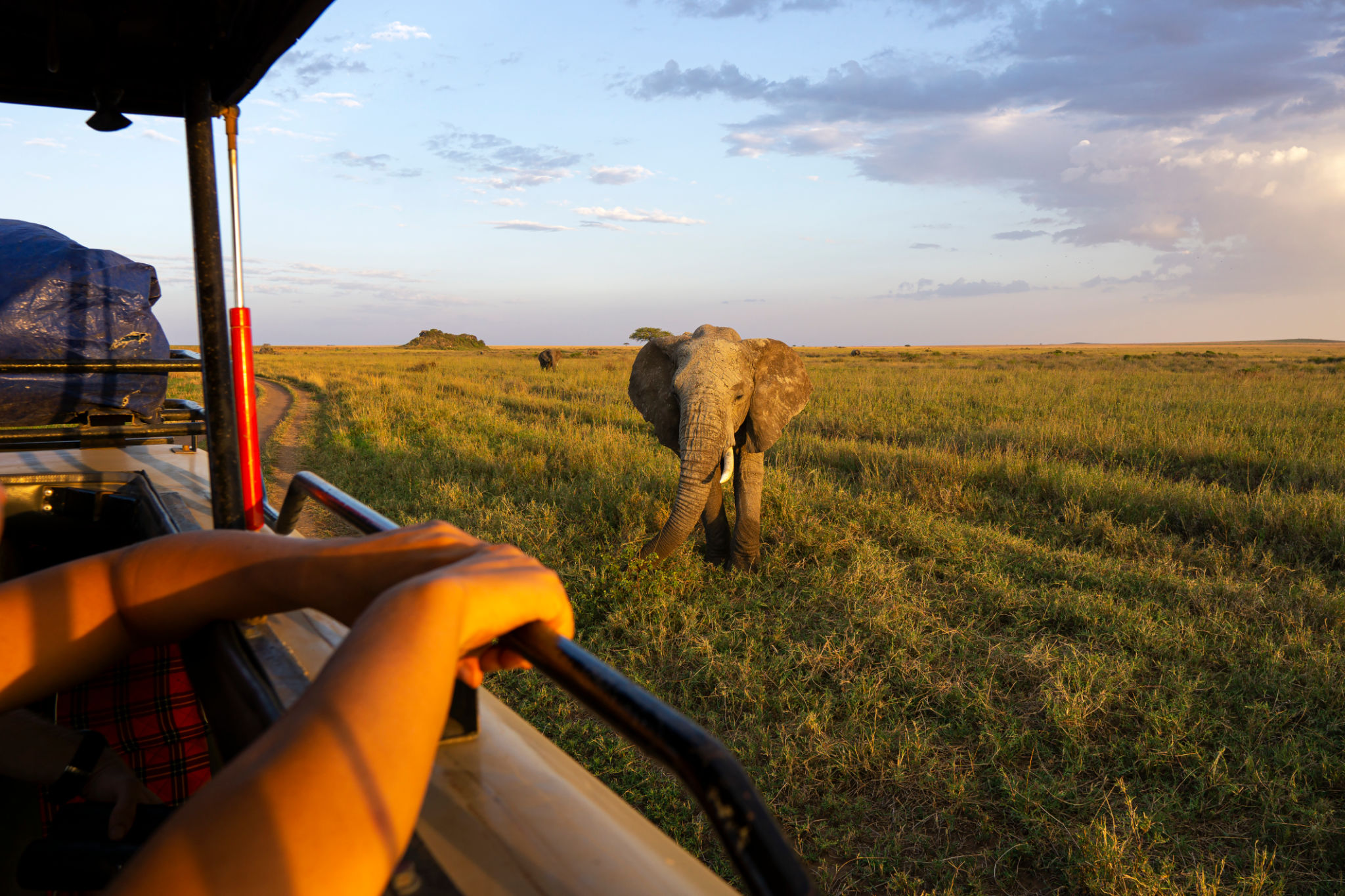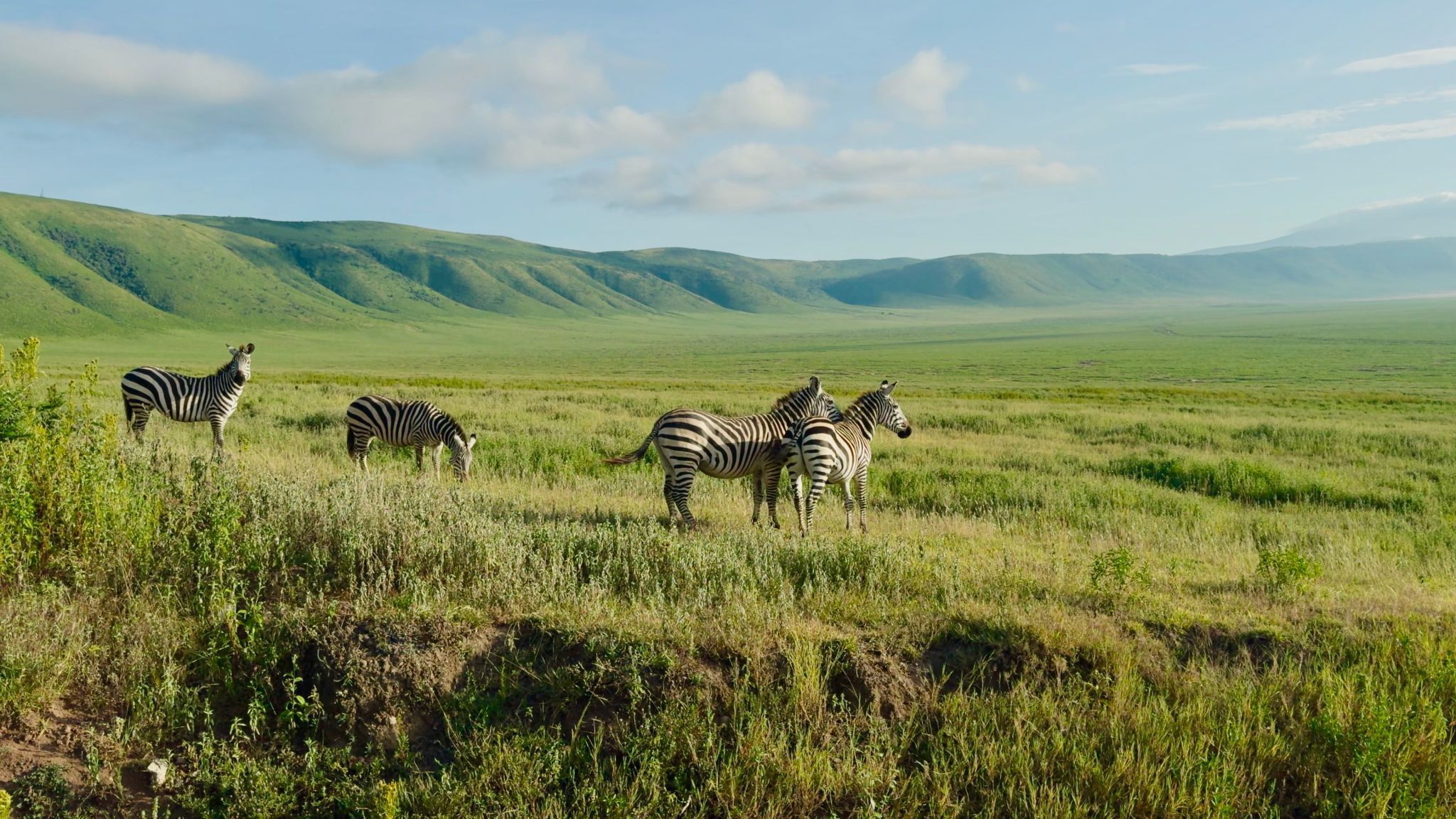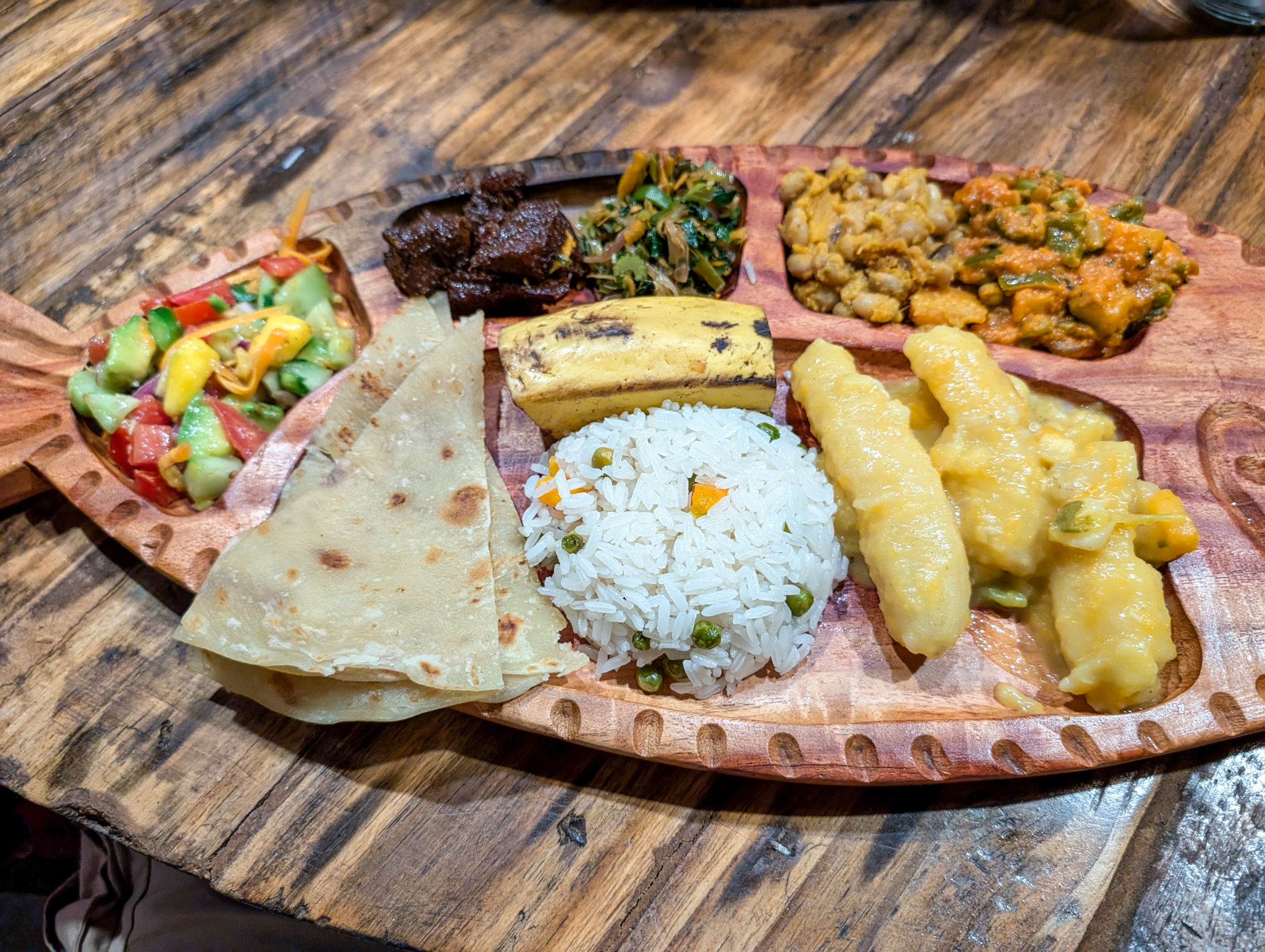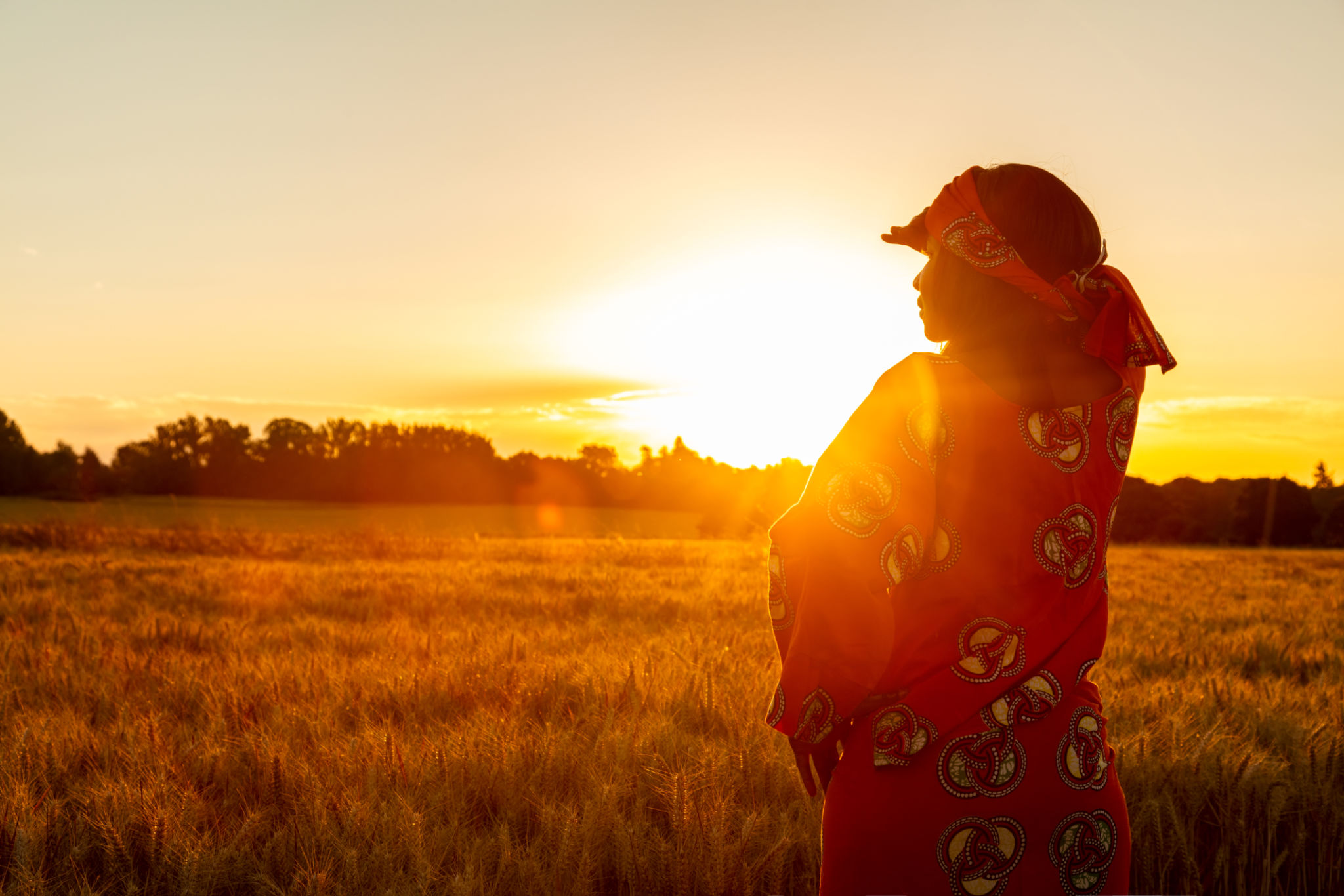How to Plan the Perfect Safari in Tanzania: Expert Tips and Advice
Choosing the Right Time for Your Safari
Planning a safari in Tanzania involves several key decisions, and timing is one of the most crucial. The country’s diverse wildlife and landscapes can be experienced year-round, but the optimal time to visit depends on what you aim to see. The dry season, from late June to October, is ideal for viewing large game as animals gather around waterholes and rivers. However, the wet season, especially March to May, offers lush scenery and fewer tourists. Consider your priorities and prepare accordingly.

Selecting the Perfect Safari Destination
Tanzania boasts several world-renowned national parks and reserves. The Serengeti National Park is famous for the Great Migration, where millions of wildebeests, zebras, and gazelles traverse its plains. Alternatively, the Ngorongoro Crater offers a unique ecosystem teeming with diverse wildlife. For a more remote experience, consider Selous Game Reserve or Ruaha National Park, where you can enjoy an intimate safari with fewer crowds.

Deciding on Your Safari Style
Safaris in Tanzania can be tailored to suit different preferences and budgets. Luxury safaris offer high-end lodges and tented camps with exceptional amenities and services. In contrast, budget safaris provide basic accommodations like camping or budget lodges while still offering excellent wildlife viewing opportunities. Additionally, walking safaris, balloon safaris, and cultural tours provide unique perspectives on Tanzania’s landscapes and people.
Packing Essentials for a Tanzanian Safari
A successful safari requires thoughtful packing. Lightweight, breathable clothing in neutral colors is recommended to blend with the environment and keep cool. Don’t forget a wide-brimmed hat, sunglasses, and sunscreen to protect against the sun. A pair of binoculars is essential for wildlife spotting, and a camera with a good zoom lens will help capture those unforgettable moments. Also, pack some basic medical supplies and insect repellent.

Ensuring a Safe and Enjoyable Journey
Your safety and enjoyment should be a top priority when planning a safari. Choose reputable tour operators with experienced guides who prioritize safety and conservation. Be sure to follow all guidelines provided by your guides, especially regarding interactions with wildlife. It’s also wise to check travel advisories and ensure you have necessary vaccinations as well as comprehensive travel insurance before departing.
Understanding Cultural Etiquette
While enjoying your adventure, it’s important to respect local cultures and traditions. Learn a few basic phrases in Swahili to enhance your interactions with locals. Dress modestly when visiting villages or towns outside safari areas. Being courteous and showing respect for local customs will enrich your experience and help foster positive relationships with Tanzanian communities.

Contributing to Conservation Efforts
Tanzania’s natural beauty relies on conservation efforts to sustain its ecosystems and wildlife. By choosing eco-friendly lodges and tour operators that support local conservation projects, you can contribute to these efforts. Consider donating to reputable organizations that work towards wildlife preservation and community development. Your support helps ensure that future generations can also experience the wonders of Tanzania’s natural world.
Making Unforgettable Memories
A safari in Tanzania is more than just a holiday; it’s an opportunity to connect with nature in one of the most breathtaking environments on earth. Take time to savor each moment, from witnessing majestic elephants to enjoying a sunrise over the savannah. These experiences will create lasting memories that you’ll cherish long after your journey ends.
